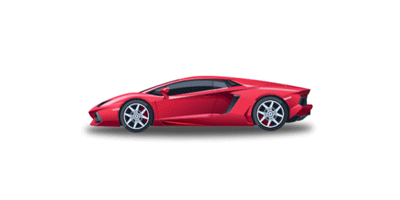Buying a used car, or a “pre-owned vehicle†as they’re also known, can result in significant savings to the consumer. But it doesn’t come without some degree of risk, either. It’s helpful to know what some of those risks are, before starting to search for a car that someone else once called their own.
First, find out if there’s a warranty involved. If you’re looking to buy a car from an established dealer, they are sometimes required by law to tell the purchaser, whether there are warranty protections available, or if the car is being sold “as-is.â€
An “as-is†car is exactly what it sounds like, and it means that if the car breaks down after you drive it off the lot, you’re on your own. Having a warranty typically adds to the vehicle’s selling price, but it also gives the consumer peace of mind that problems will be fixed if need be. And it goes without saying that private sellers are going to offer their vehicles on an “as-is†basis.
Second, have a mechanic look the car over first. Before an offer is even made to buy a car, a mechanic’s eye can spot trouble. Engine problems, unusual wear and tear, or a leak of some kind may be difficult to spot, no matter how carefully they are looked for.
In the end, the cost of an outside inspection is an investment in a better-running car. If the seller is reluctant to let a mechanic have a look, which usually tells a prospective buyer all they need to know.
Third, don’t just look at a car with your eyes. Feeling along the side panels can sometimes discover rust that a paint job is intended to hide. The same goes for an area around the sunroof, where rust can be the sign of a leak that you won’t be able to notice on a sunny day. And taking a deep breath inside the car can tell you if there are any smokers in the car’s past. If you don’t mind the smell, that’s great. But it probably isn’t just going to disappear over time, either.
And finally, beware of a “clip job†or other evidence that a car has been extensively damaged and repaired by an insurance company or a body shop. Such repairs can weaken the car’s safety protections, causing them to fail in the event of a future accident. Asking the dealer this question is one way to find out, or another is to ask the mechanic who does the inspection to have a look for such evidence.
For a completely worry-free experience, a new car is the best way to go. But if that isn’t possible, the next best thing is to understand the hazards of buying something that isn’t new, and deciding what is acceptable and what is not. Good luck!


